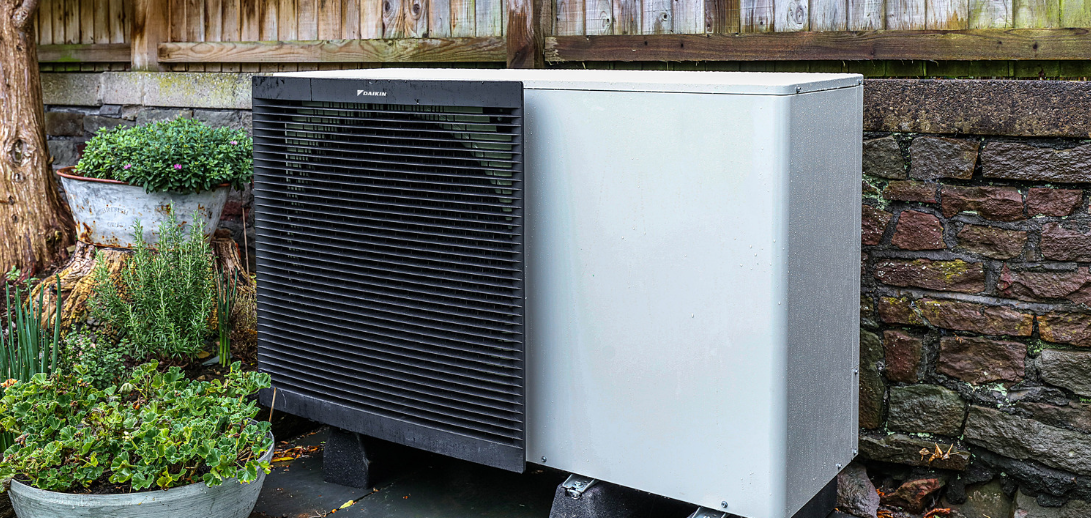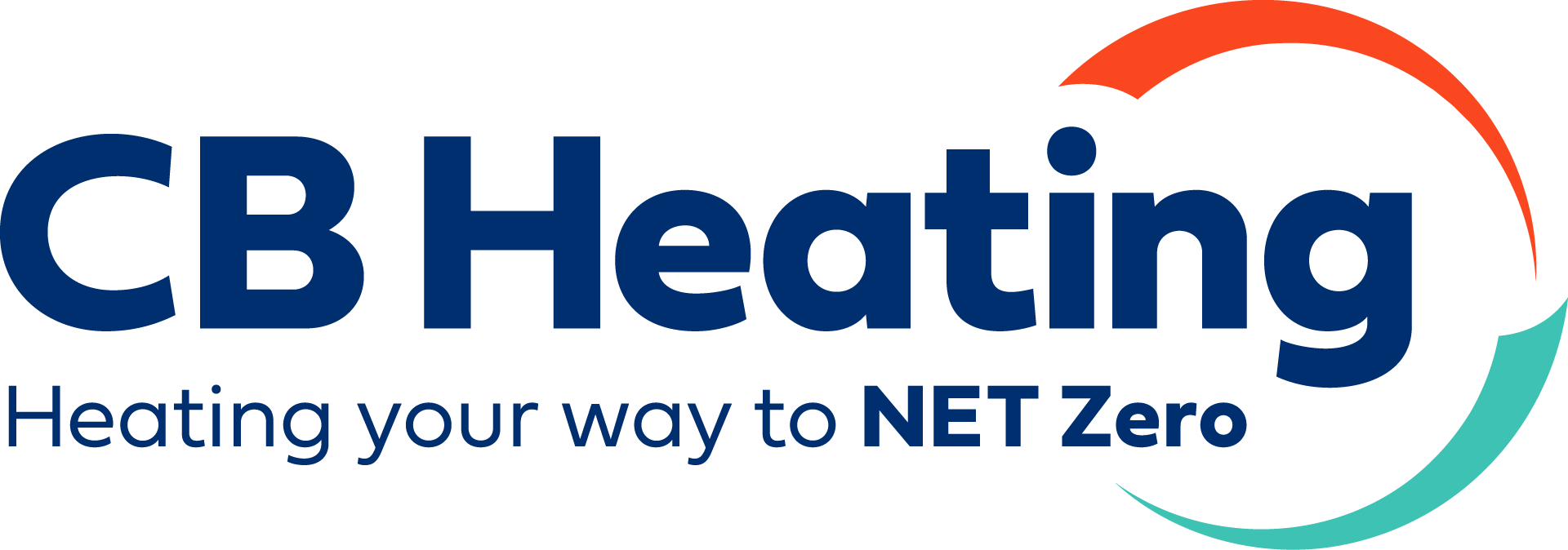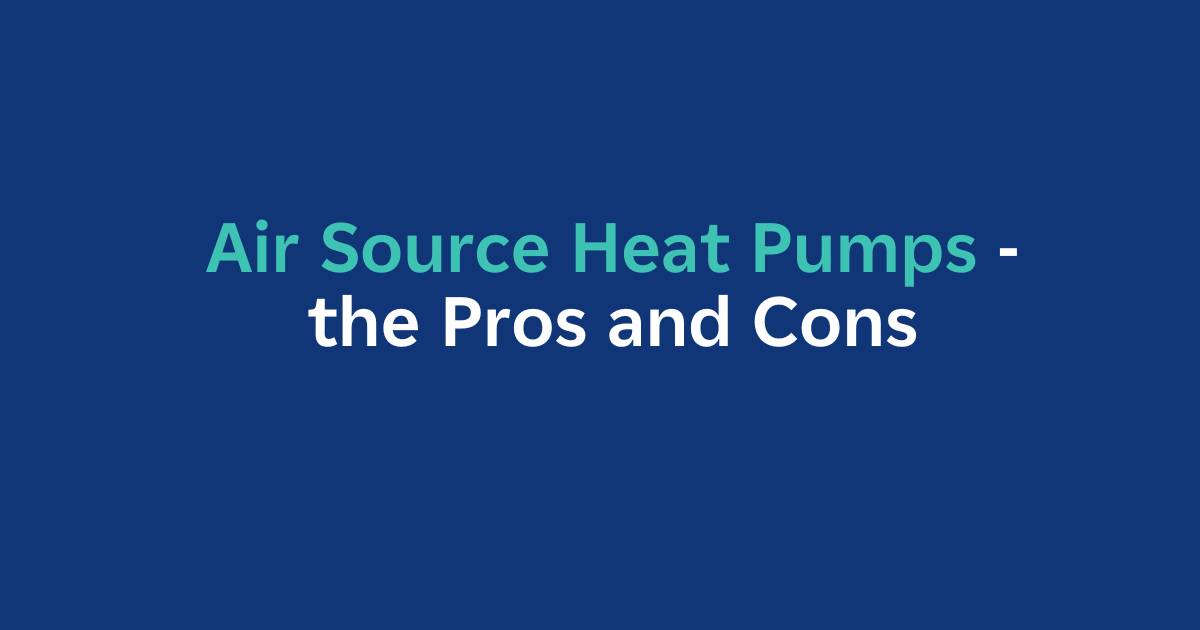The pros and cons of air source heat pumps
Updated 7th August 2025
Pros of Air Source Heat Pumps
Homeowners are seeing higher energy bills and want eco-friendly options. Air source heat pumps are becoming a popular choice. In this article we will explain air source heat pumps pros and cons and finally answer the question, are heat pumps worth it.
But are they the right fit for your home? Let’s delve into the pros and cons of air source heat pumps to help you make an informed decision. By looking at the pros and cons, you can compare your choices. This will help you decide if this technology fits your needs.
Air source heat pumps (ASHPs) are systems that absorb heat from the outside air and use it to heat your home and water. They work on a simple idea – taking heat from the air, even when it’s cool, and move it inside. They work efficiently even at low outdoor temperatures, making them a versatile choice for various climates. Their adaptability to different environmental conditions makes them a practical option for homeowners in diverse geographic locations.
Additionally, ASHPs work all year. They provide heat in the winter and can cool your home in the summer. This dual functionality enhances their appeal as an all-in-one climate control solution. These systems use natural energy from the air. This helps create a more sustainable way to use energy. It also supports global efforts to rely less on fossil fuels.
- High Efficiency: Air source heat pumps are known for their high efficiency. For every unit of electricity used, they can produce up to three units of heat. This efficiency can significantly reduce your energy bills over time. These systems use the temperature of the air around us. This reduces the need for traditional heating methods. Those methods often depend on costly and less eco-friendly energy sources. Heat pump efficiency is often one of the key reasons customer purchase and air source heat pump.
- Lower Operating Costs: will a heat pump save me money is a question we hear a lot. With their ability to convert energy efficiently, homeowners could experience lower monthly heating costs compared to traditional heating systems. The savings you can get now could help cover the initial costs. This makes air source heat pumps a smart choice for saving money over time. Also, if you choose a heat pump specific tariff, like the one from our colleagues at EDF Energy, they can save even more.
- Using renewable energy from the air, ASHPs help reduce greenhouse gas emissions. This means you can lower your carbon footprint. This reduction is a crucial step towards achieving environmental sustainability and combating climate change. For eco-conscious homeowners, investing in ASHPs represents a tangible way to be more sustainable.
- Support for Renewable Energy: Utilising an ASHP supports the transition to renewable energy sources.. As more homeowners adopt these systems, the demand for fossil fuels decreases, encouraging further development of green technologies. This shift not only benefits individual households but also supports broader societal goals of energy independence and environmental stewardship.
- Government grants: The government is currently offering a grant of £7,500 towards the cost of installing an air source heat pump. which can help offset initial installation costs for eligible homeowners. These incentives make the transition to sustainable energy more accessible and affordable for a broader range of homeowners. If eligible, homeowners can reduce their upfront investment and expedite the return on investment of their ASHP systems.
Cons of Air Source Heat Pumps
Like any home heating system, air source heat pumps must work harder in the winter. This means you will use more energy and spend more money on your energy bills. The initial high investment costs of installing a heat pump may also be a deterrent for some homeowners. Where to put your heat pump may also be a limiting factor. Homeowners will require space inside for a hot water tank as well as outside space for the external unit. These are all factors you will need to consider.
- High initial investment: The upfront cost of buying and installing an air source heat pump can be a drawback. This initial investment may deter some homeowners despite the potential long-term savings. The cost includes the equipment, labour costs, and possible upgrades to your radiators and pipework. This can be daunting for those on a tight budget.
- In very cold climates, air source heat pumps may not work as efficiently. This is important to think about, especially for homes in areas with harsh winters. Homeowners may need to evaluate the cost-effectiveness of supplementary systems to ensure consistent warmth during colder periods.
- Some homeowners think the outdoor units of air source heat pumps (ASHPs) look unattractive. This can change how their home’s outside looks.
- Noise Levels: Heat pumps are usually quiet. However, the outdoor units can make some noise. You might notice this noise based on where they are placed. This is why a noise assessment is carried out as part of our design and assessment. We will choose the best spot for installation to reduce noise. This way, the system won’t disturb you or your neighbours.
- You need enough outdoor space to install the unit. This could be a problem for homes with limited outdoor areas. Urban environments or properties with limited garden space may face challenges accommodating the necessary equipment. We will carefully check the available space to see if an air source heat pump is a good option for your home.
- Energy Prices: The economic benefits of air source heat pumps depend on electricity prices, just like all heating systems. If energy costs rise, the expected savings could be reduced. Homeowners can offset this by taking up a heat pump specific tariff which may lead to further savings. Installing other energy measures such as solar panels and batteries could also help save on energy bills.

In summary
When asking “Is a heat pump right for me? consider the following:
- Installation costs can be high, which may discourage some homeowners. However, financing options and government incentives can help reduce these costs.
- Space requirements: If considering an air source heat pump, you will need space for the external unit and an inside hot water tank.
- Energy savings: You will reduce your carbon footprint with an air source heat pump. However, you may not see an instant saving on your energy bills due to the current prices. A heat pump specific tariff should help with this. Installing other green home solutions such as solar PV and batteries could help you make further savings.



